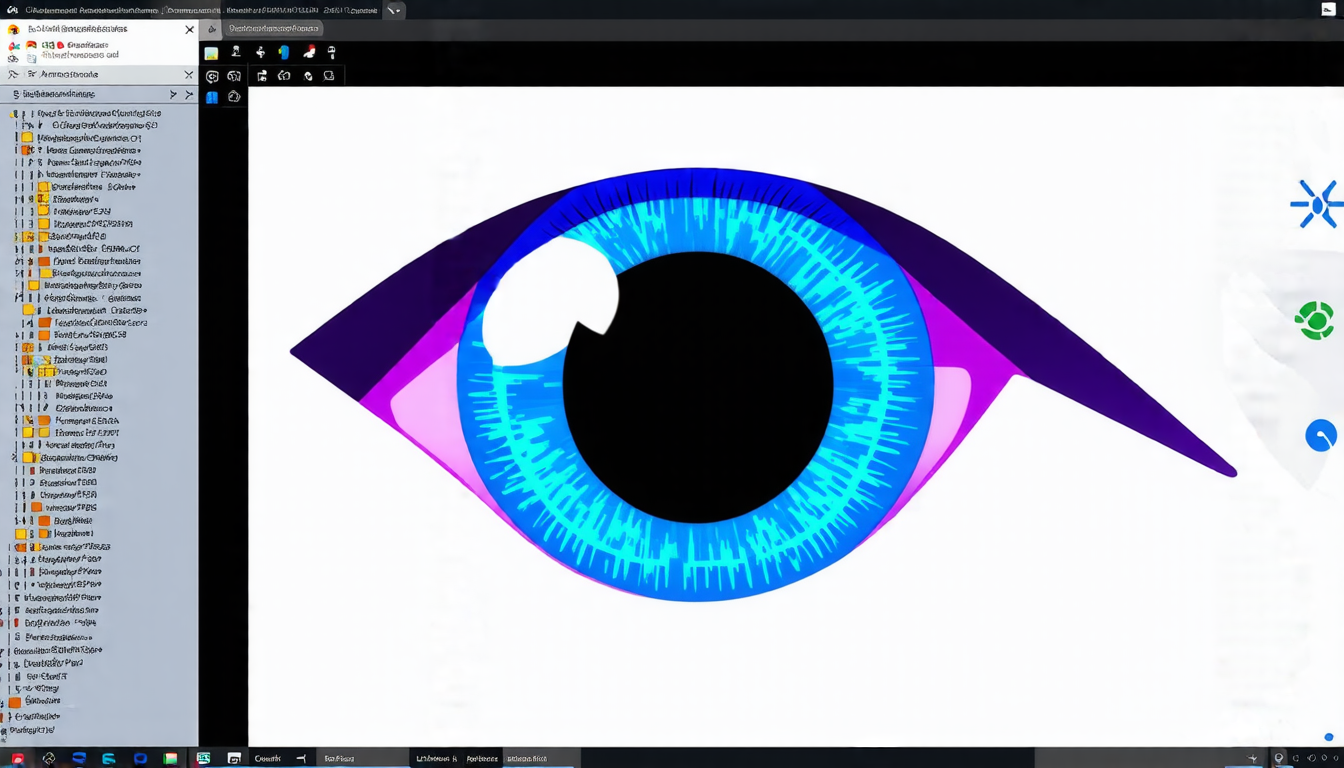Wednesday 30 July 2025
A new approach to assessing the quality of retinal images has been developed, which could revolutionize the way we diagnose and treat eye diseases.
Retinal imaging is a crucial tool for diagnosing conditions such as diabetic retinopathy, age-related macular degeneration, and glaucoma. However, the quality of these images can vary significantly, making it difficult to obtain accurate diagnoses. Currently, image quality assessment relies on manual evaluation by experts, which is time-consuming and prone to errors.
The new approach, developed by researchers in Malaysia, uses a deep learning algorithm to assign a continuous score to retinal images based on their quality. The algorithm, called FundaQ-8, assesses eight key attributes of the image, including resolution, field of view, color fidelity, and presence of artifacts.
The researchers trained their model using a dataset of 1,800 fundus images, which were annotated with expert-assigned scores. They found that their model was able to accurately predict the quality of new, unseen images, with a mean absolute error of just 9.92%.
To test the practical application of FundaQ-8, the researchers integrated it into an automated diabetic retinopathy detection system. They found that by filtering out low-quality images, they were able to improve the accuracy of the diagnosis from 63.4% to 78.3%. This has significant implications for the treatment of diabetic patients, who are at risk of developing blindness if left undiagnosed.
The development of FundaQ-8 is an important step towards improving the efficiency and accuracy of retinal imaging. Currently, retinal imaging is a time-consuming and labor-intensive process that requires expert evaluation. By automating image quality assessment, clinicians will be able to focus on more complex tasks, such as interpreting results and developing treatment plans.
The potential applications of FundaQ-8 extend beyond diabetic retinopathy detection. The algorithm could also be used to assess the quality of images in other medical specialties, such as cardiology or oncology. Additionally, it could be adapted for use in non-medical fields, such as quality control in manufacturing or monitoring environmental pollution.
Overall, the development of FundaQ-8 represents a significant advance in the field of retinal imaging. Its potential to improve the accuracy and efficiency of diagnosis has far-reaching implications for patient care, and its applications extend beyond the medical field.
Cite this article: “Revolutionizing Retinal Imaging with AI-Powered Quality Assessment”, The Science Archive, 2025.
Retinal Imaging, Deep Learning Algorithm, Fundaq-8, Image Quality Assessment, Diabetic Retinopathy, Age-Related Macular Degeneration, Glaucoma, Automated Diagnosis, Medical Imaging, Computer Vision







